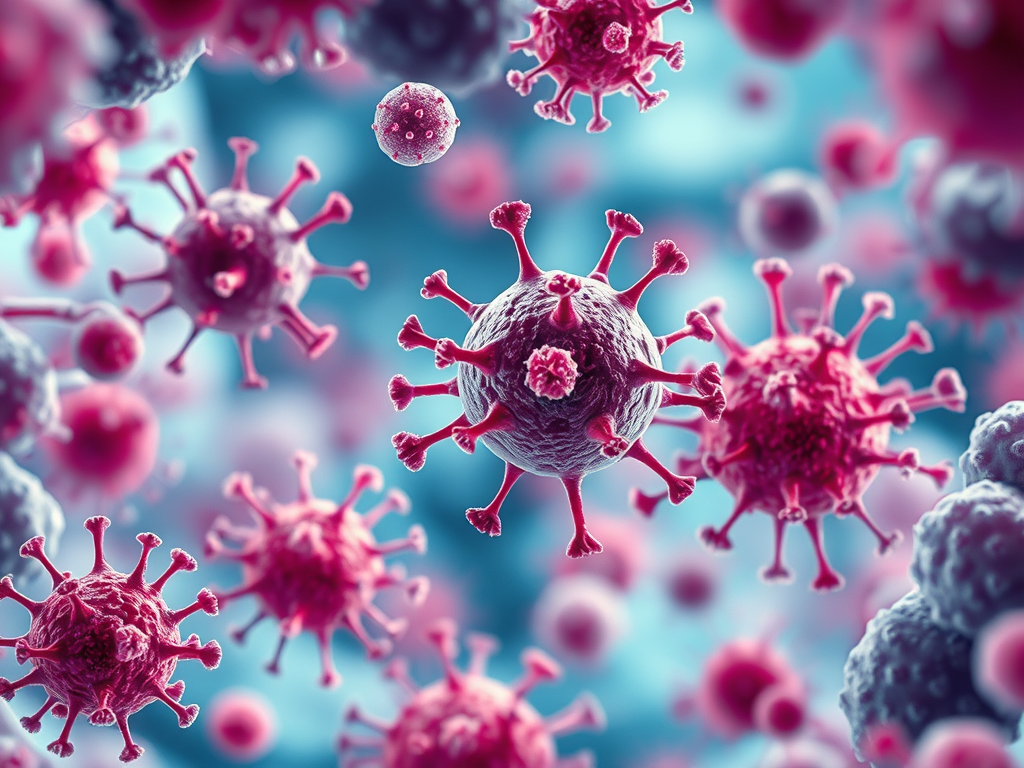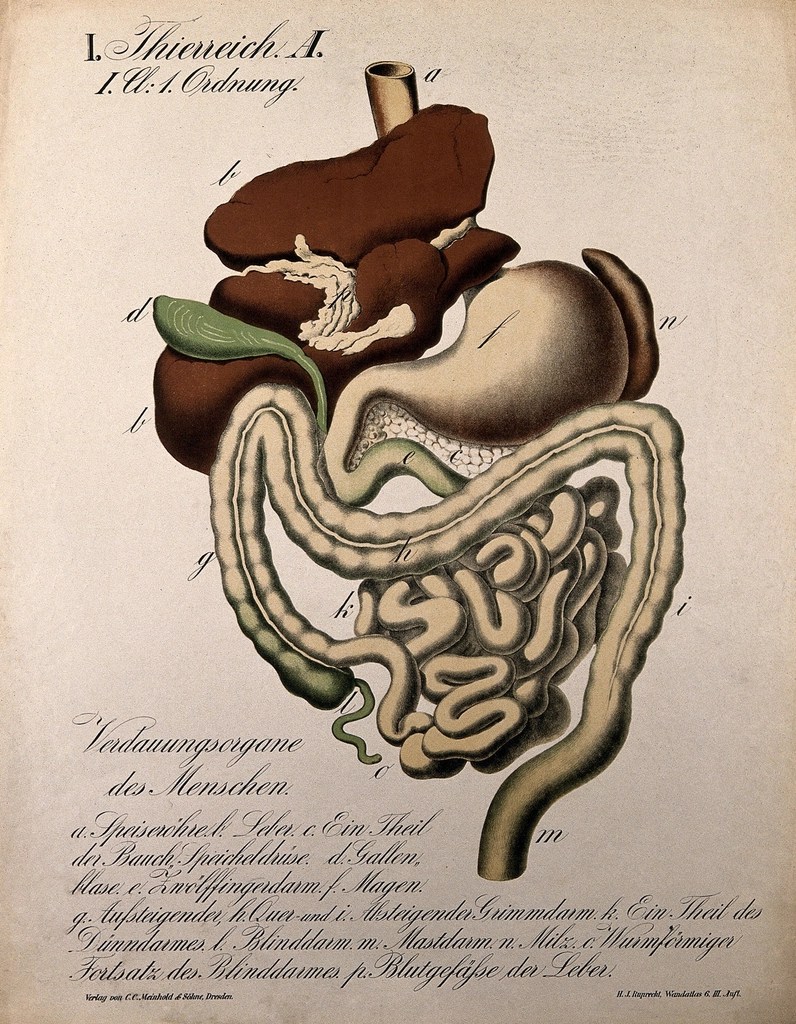


Food is everywhere these days. Shelves groan with glossy cookbooks, restaurants and gastropubs queue up for tax breaks, and the airwaves are thick with chirpy kitchen‑dwellers—some dropping their aitches with theatrical enthusiasm, others sounding as if they’ve just strolled out of a rowing club bar. Everywhere you look, there’s another beaming evangelist waving a saucepan and assuring us that their latest ‘blend’ is nothing short of a revelation. One could be forgiven for thinking that food itself has become a national moral project, a jolly good thing in which we are all expected to take an interest.
However the readers of our little blog being a thoughtful lot, we thought we’d put up two stories which might provide a little counter-balance to the general merriment. The first from the indefatigable Kat Lay of the Guardian (clearly she knows about more than just antibiotics) does not suggest food is bad per se. But it does suggest that being extremely careful about what you eat, and who is selling to you might be a very good idea[1] Her headline tells you exactly what we mean: Ultra-processed foods should be treated more like cigarettes than food – study
“OK, OK”. you say, “but wot I eat is my choice, innit, guvnor? If I ain’t doin’ no one else no ‘arm, wosser problem?” Well according to Nature Briefing, Eating Well is about more than your health, this might be:
| Debates over what to eat — more protein, say, or less ultra-processed food — often neglect any mention of how our food systems affect the biosphere that keeps us alive. But nutrition doesn’t exist in a vacuum, notes Earth-systems scientist Johan Rockström. He co-chaired the latest update to the Planetary Health Diet, which aims to optimize human health globally and reduce environmental and social harms. It notes that “global greenhouse-gas emissions could be cut by 20% by 2050 by eating healthily, reducing food waste and adopting sustainable production practices”, writes Rockström. “If diets remain unchanged, however, emissions will increase by 33%.”Nature | 7 min read Reference: The EAT-Lancet Commission on healthy, sustainable, and just food systems report |
We want humanity to survive, really we do. If you went extinct there would be no one to man the check out tills at supermarkets and we’d have to use those ghastly check-out-yourself tills that are so slow, complicated and inconvenient. Yeah food is alright, sometimes. But as the old saying goes-be careful what you wish for.
#food #nutrition #climate change #obesity #health #fat #protein #fast food #processed food























